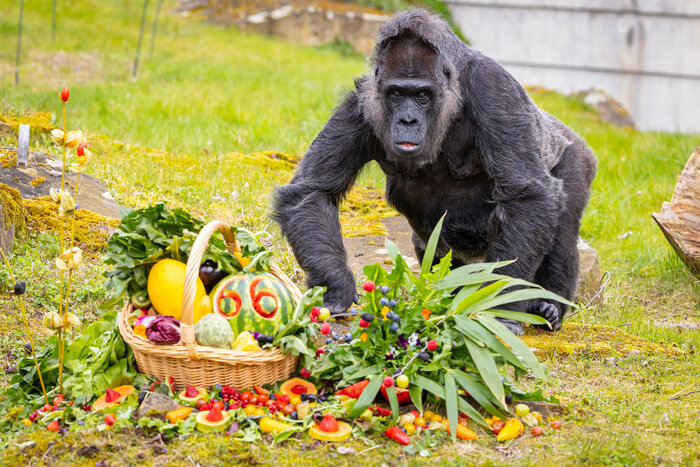The United Nations has announced the arrival of 1.2 million doses of vital polio vaccines in the beleaguered Gaza Strip, amid urgent calls for humanitarian pauses in the fighting to reach hundreds of thousands of at-risk children.
The news comes after a 10-month-old girl became the first victim of the disease in over a quarter of a century.
WHO chief Tedros Adhanom Ghebreyesus also expressed deep concern at the development and said that the infant, from Deir Al Balah, developed paralysis in the lower left leg but is now in a stable condition.
He added that the UN health agency had confirmed via genomic sequencing that the girl’s infection was linked to the poliovirus type 2 variant, detected in environmental samples collected in June from Gaza wastewater.
‘We cannot vaccinate children under a sky full of bombs and strikes. We cannot vaccinate children who are forced to flee, who are running for their lives’
Louise Wateridge, UNRWA
More than 640,000 children are targeted to receive the polio type two (nOPV) vaccines, UNICEF said in a post on X.
The World Health Organisation (WHO), the UN’s main agency assisting Palestine refugees (UNRWA) and other partners aim to coordinate to reach the unvaccinated as the war grinds on against the backdrop of multiple civilian displacements following Israel’s invasion.
UNRWA, is one of the largest primary healthcare provider in the Gaza Strip, will administer vaccinations to children in both the Agency’s healthcare facilities and through the mobile health points in shelters. Additionally, UNRWA mobile teams will visit communities, tent to tent, to vaccinate children who are unable to go to the health facilities.
Louise Wateridge, UNRWA spokesperson in Gaza however reiterated how difficult the situation is: ‘We cannot vaccinate children under a sky full of bombs and strikes. We cannot vaccinate children who are forced to flee, who are running for their lives’.
Though there is no cure. Only vaccines against the disease can protect a child for life.
‘Polio will not make the distinction between Palestinian and Israeli children,’ UNRWA chief Philippe Lazzarini said last week, highlighting the need for urgent pause in fighting to mitigate the risk of spread of the disease, adding that UN agencies and partners ‘stand ready to vaccinate children, but need a humanitarian pause’.

Polio and Displacement
More than 40,000 people have lost their lives in the enclave, according to its health ministry, and critical infrastructure, including schools-turned displacement shelters, hospitals and clinics has been destroyed.
According to UNRWA, due to ongoing military operations in Deir Al-Balah in central Gaza only three of the area’s 18 water wells remain functional, resulting in 85 per cent water shortfall.
‘Not only are people in Gaza in constant fear for their lives, but they struggle to meet even their most basic needs,’ the agency said.
Risk of other deadly infectious disease also remains high with water and sanitation systems disrupted across the enclave, including at hospitals, WHO warned as it provided hospitals in north and south Gaza with a range of critical medical supplies, including anaesthesia and analgesic drugs to cover the needs of around 44,500 patients.
Some 200 ICU beds were also delivered to Gaza and are expected to support at least five health facilities in expanding bed capacity, the agency added in a separate post.

Sam Rose, Senior Deputy Field Director for UNRWA in Gaza, said that the humanitarian zone declared by Israel in the enclave is shrinking.
‘It is now about 11 per cent of the entire Gaza Strip,’ he told journalists at the UN Headquarters, speaking from Deir Al-Balah via video link.
However, that area is not fit for people to live in or for services to be delivered, he emphasised saying: ‘Really these are sand dunes, these are crowded areas where people are living cheek by jowl – doing whatever they can to get by. The streets are packed by people as they receive evacuation orders, and they are on the move.’
Rose explained that the polio vaccination campaign will be a very difficult operation and that its success will depend on the conditions on the ground.
‘We and the rest of the system involved will do our absolute utmost to deliver the campaign because without it, the conditions will be much worse sadly…it is not guaranteed that it will be a success,’ he said, adding about 95 per cent of the children targeted need to receive the vaccines.
‘If it is the sewage and the water conditions that led to them contracting polio, they need treatment in healthcare facilities and hospitals and clinics, many of which are only partially operating and have been for several months due to the conflict,’ he said.













